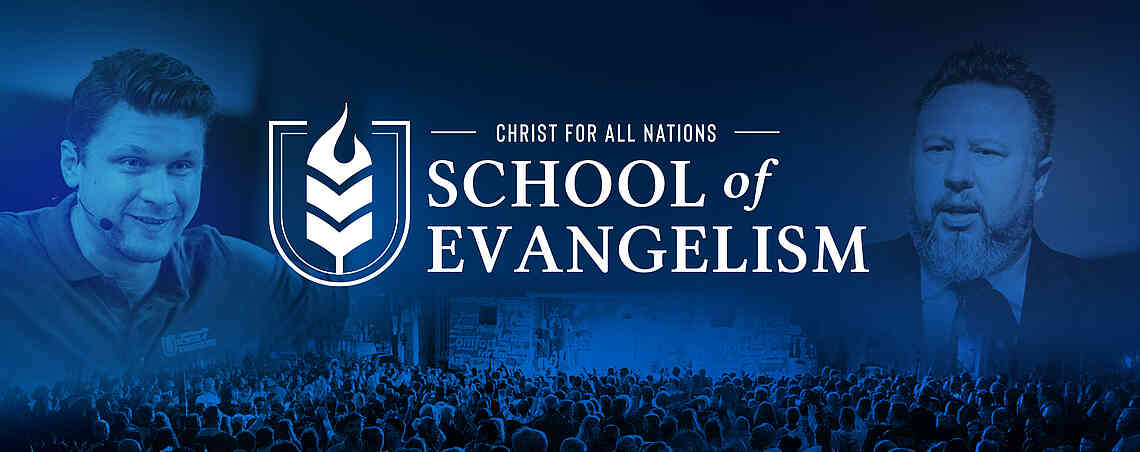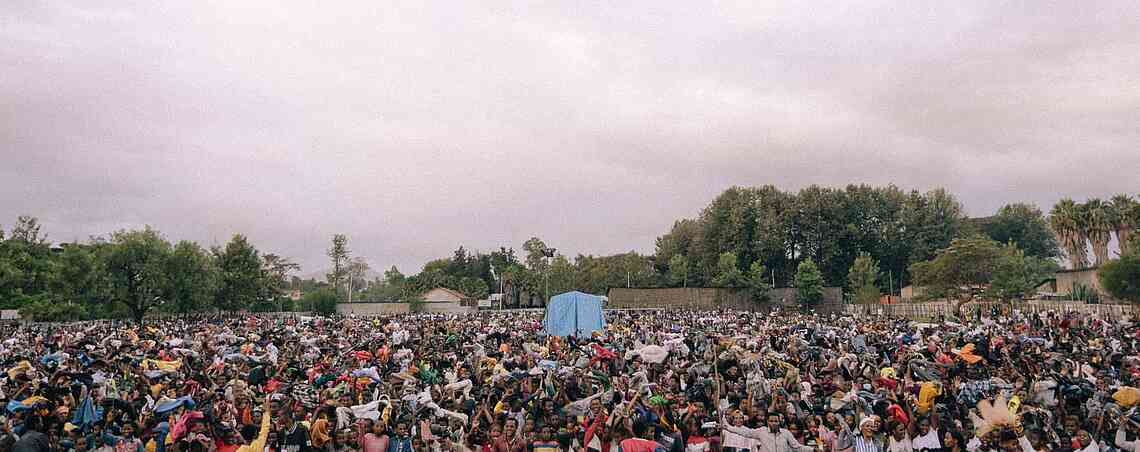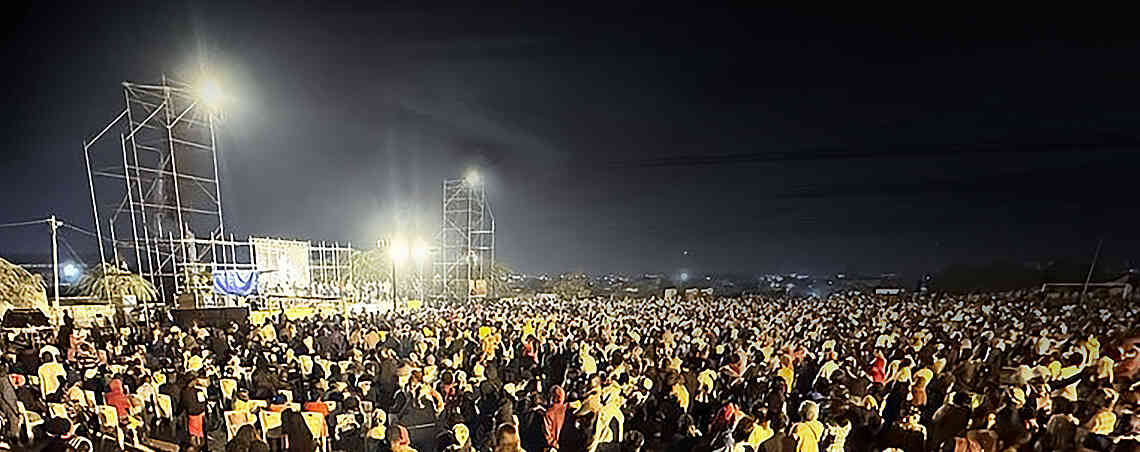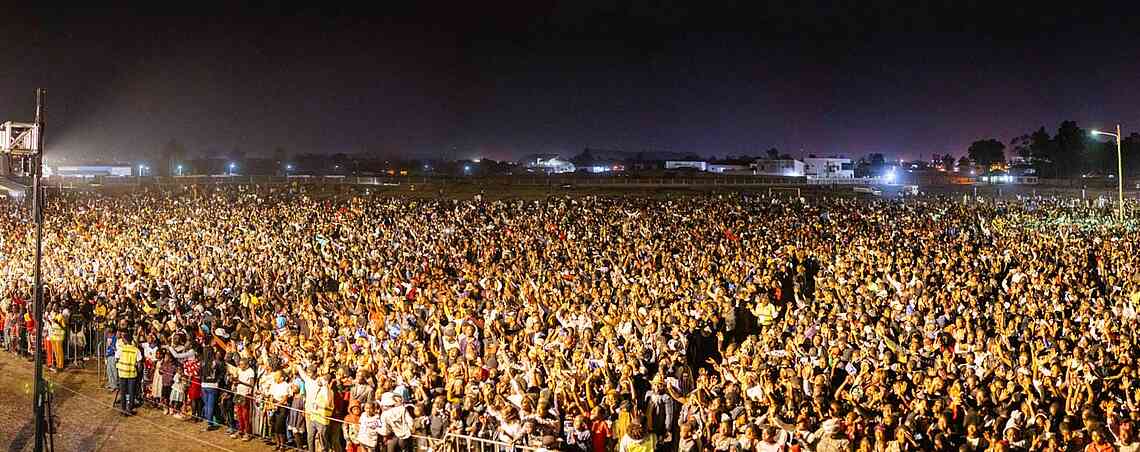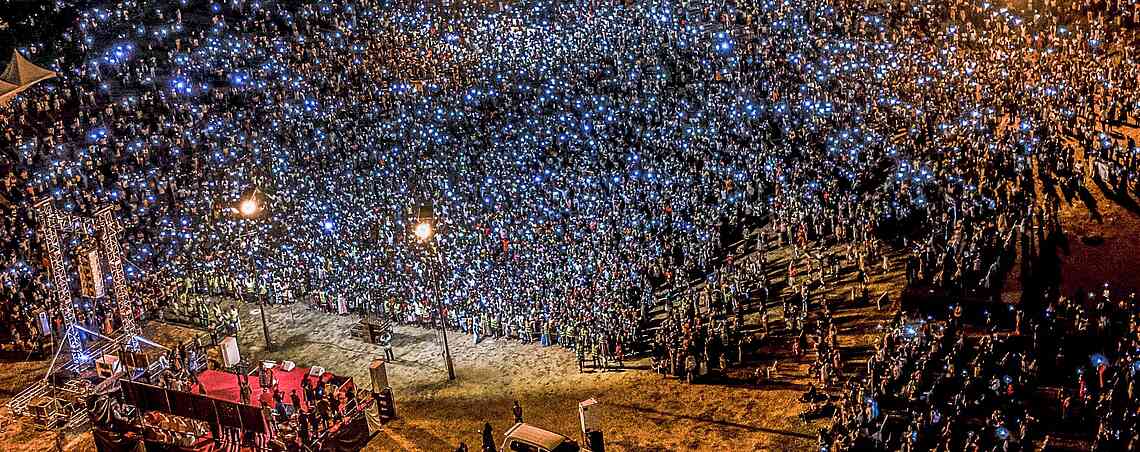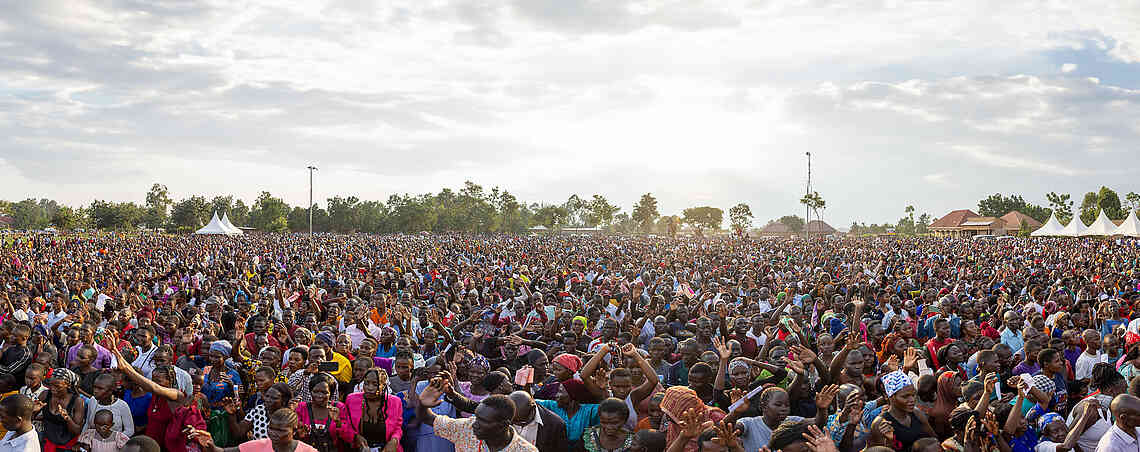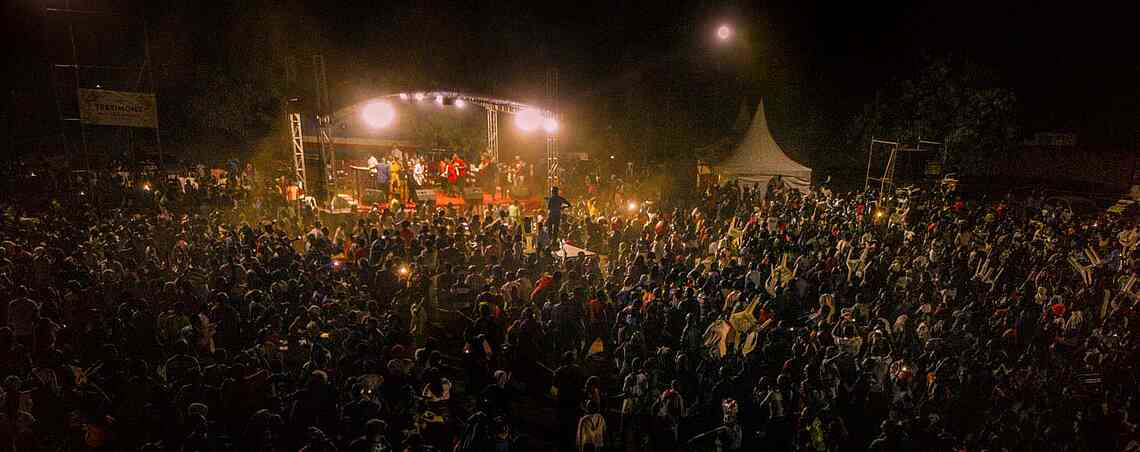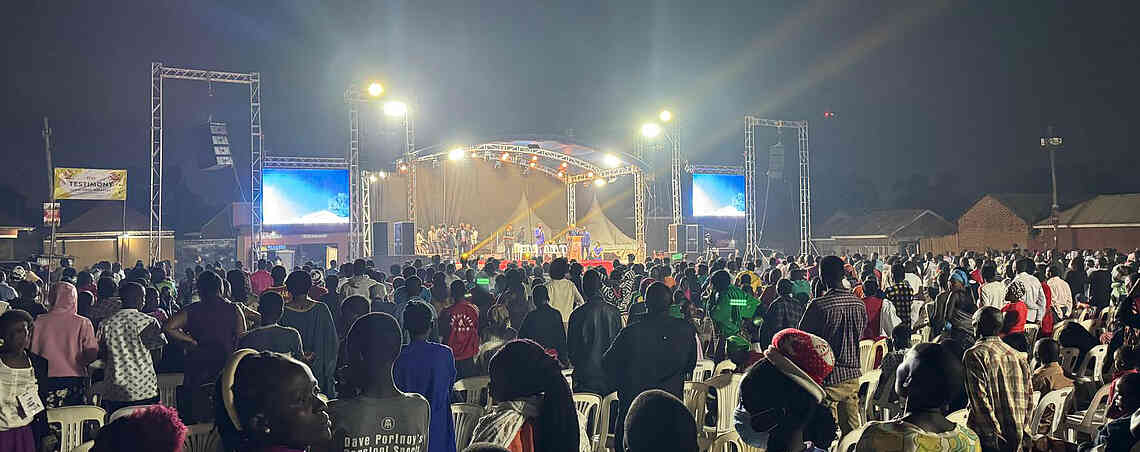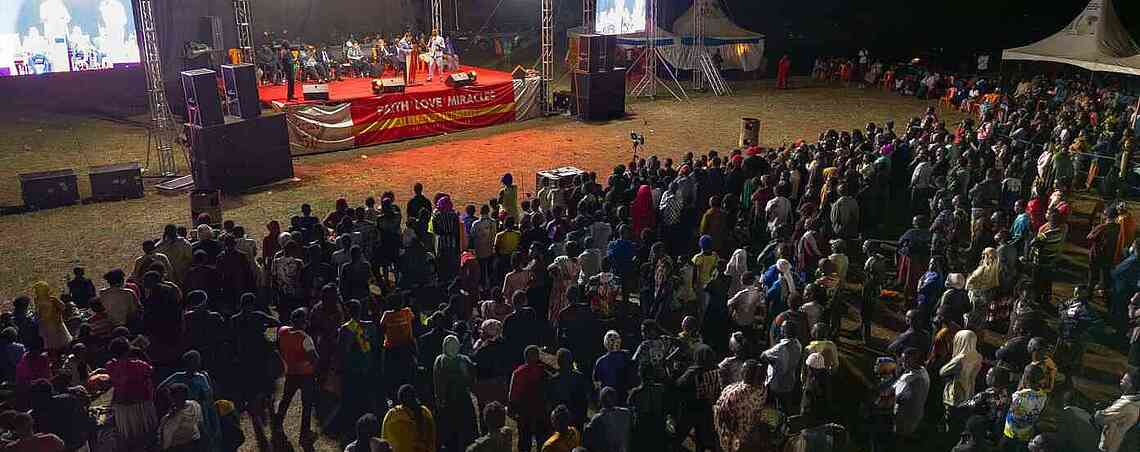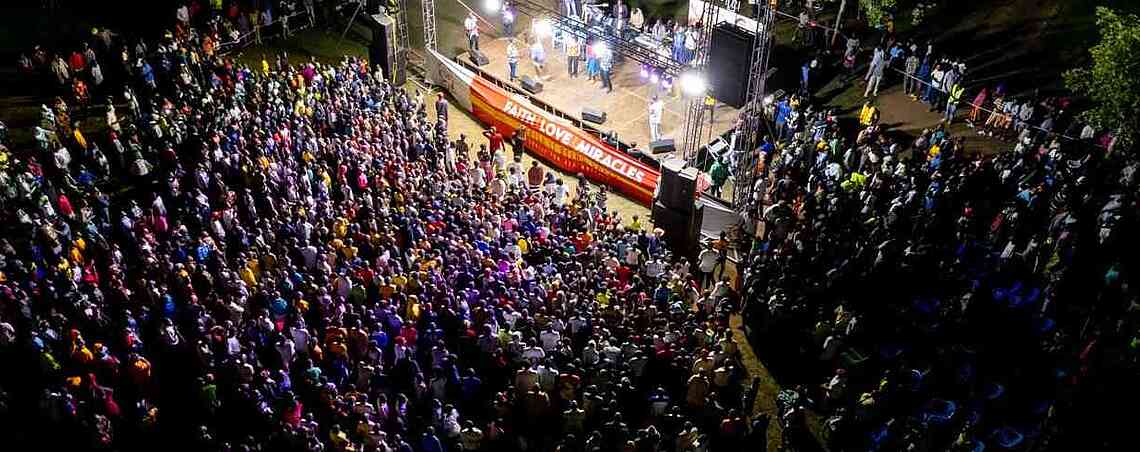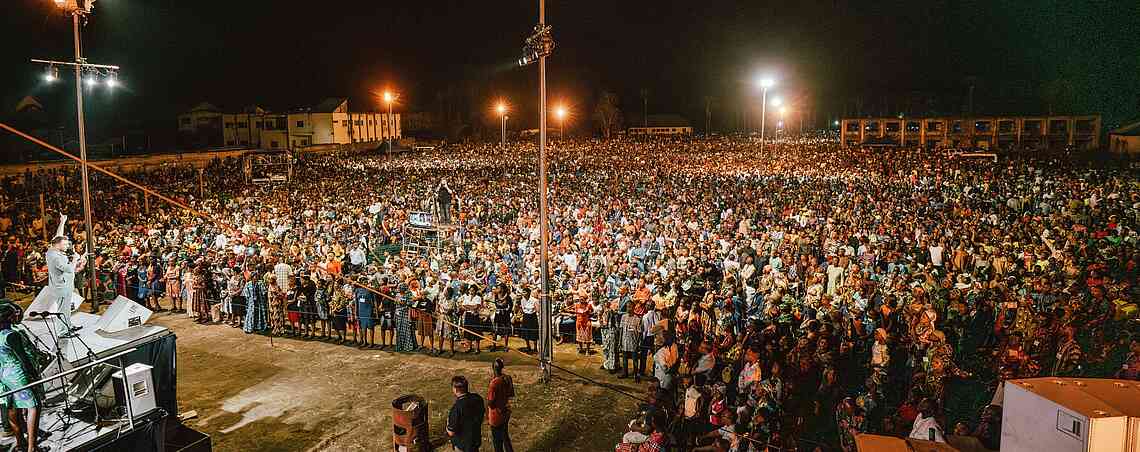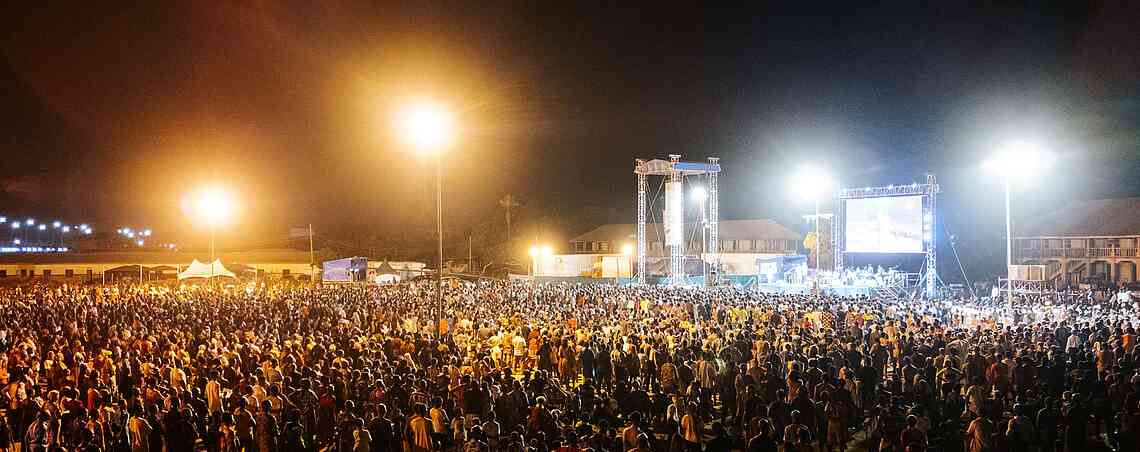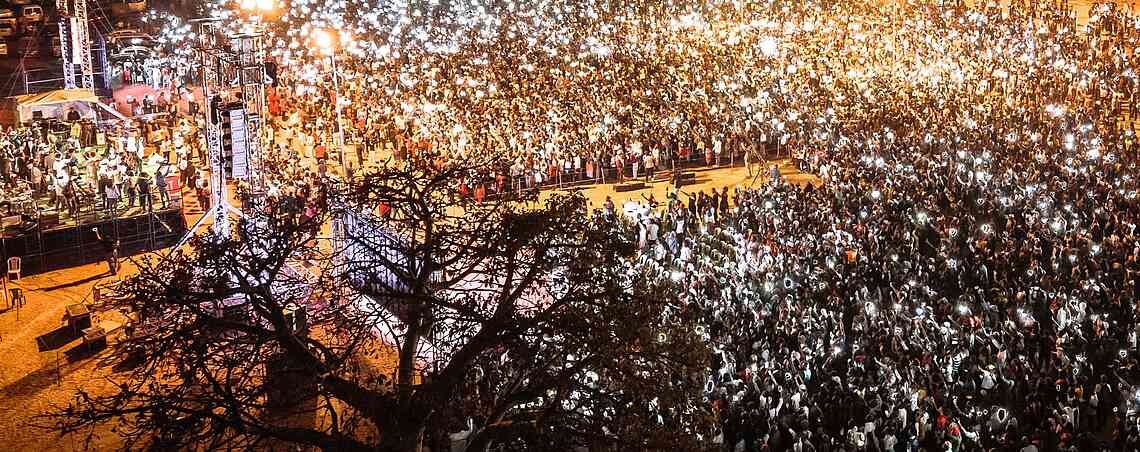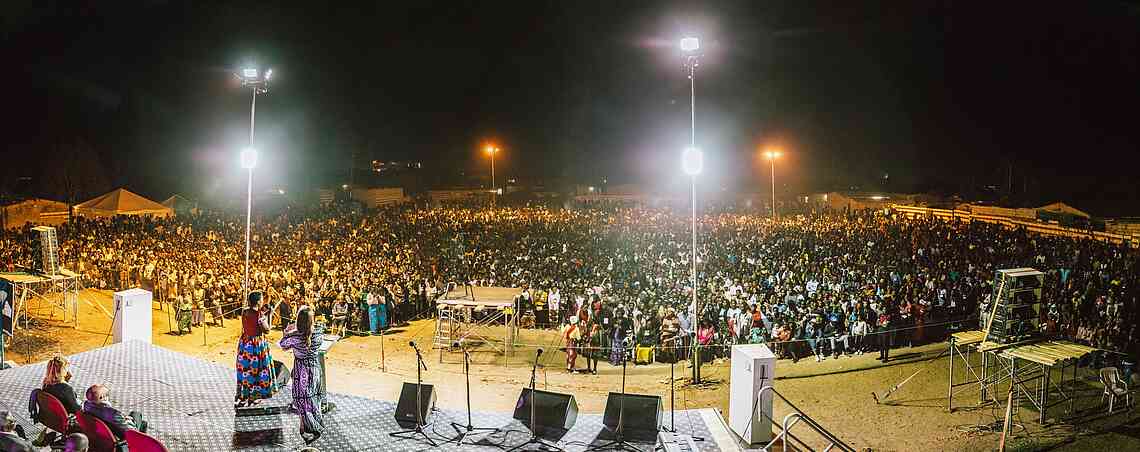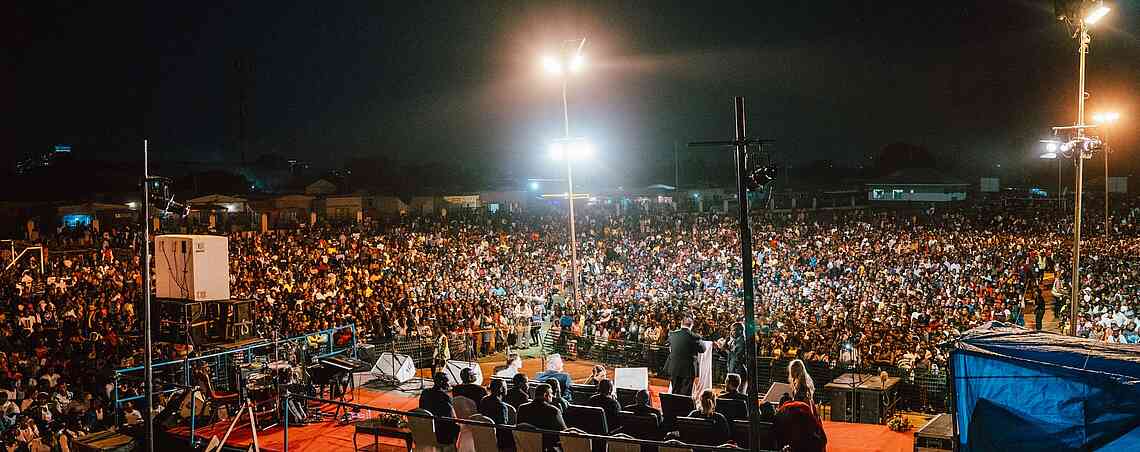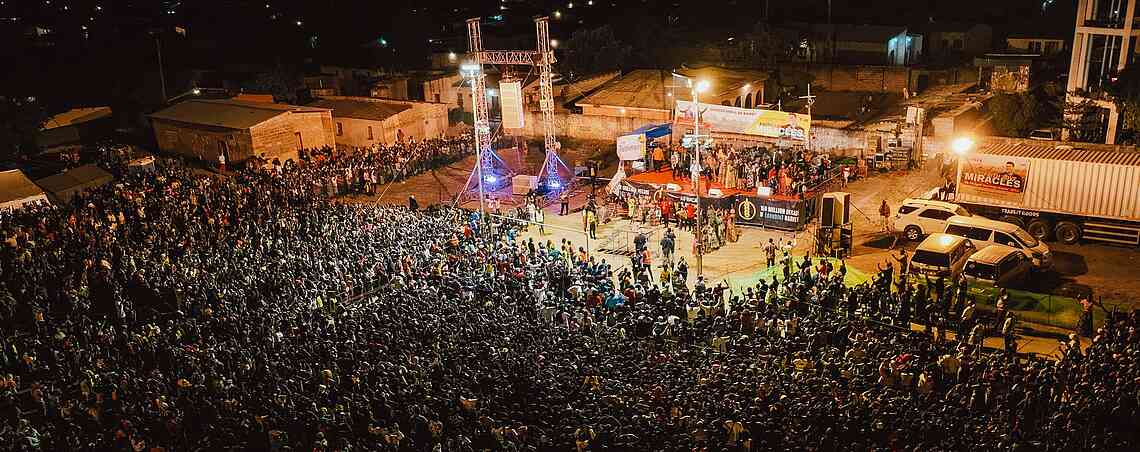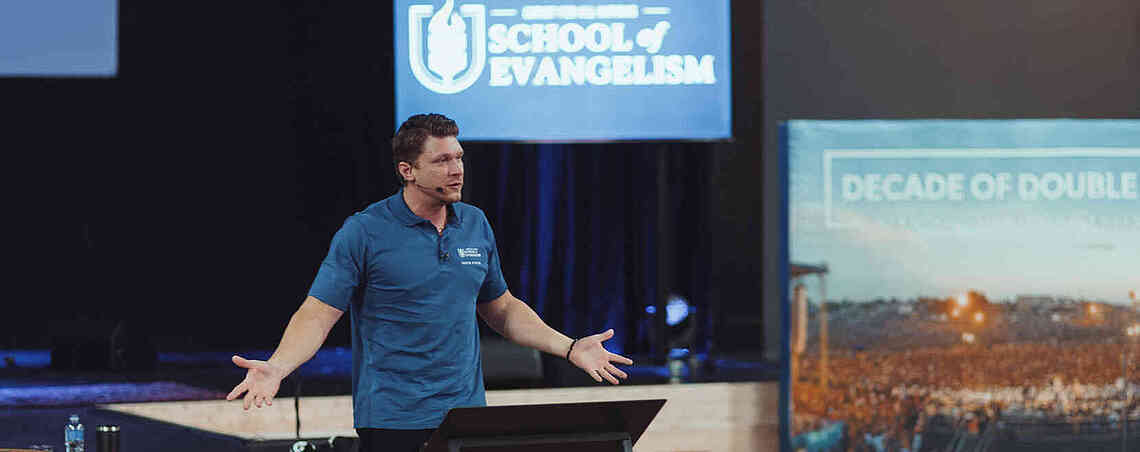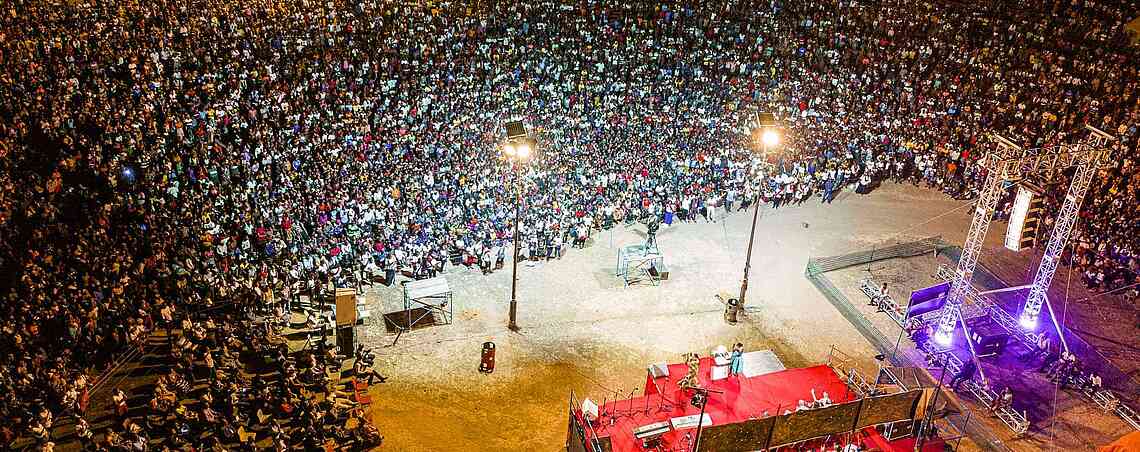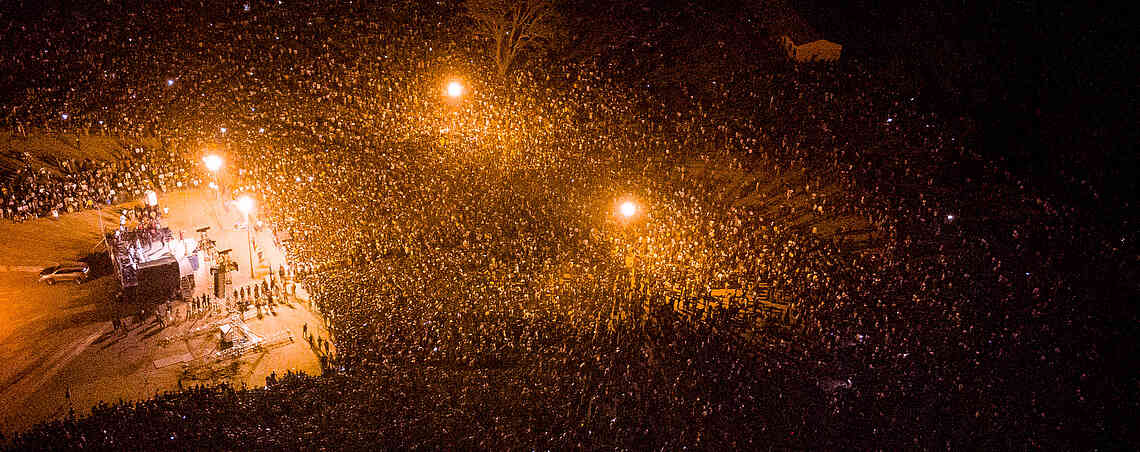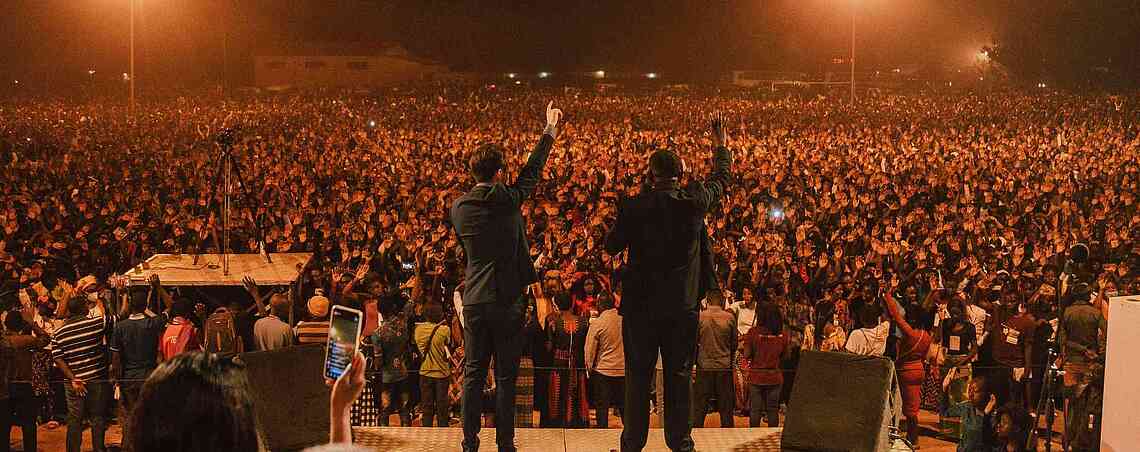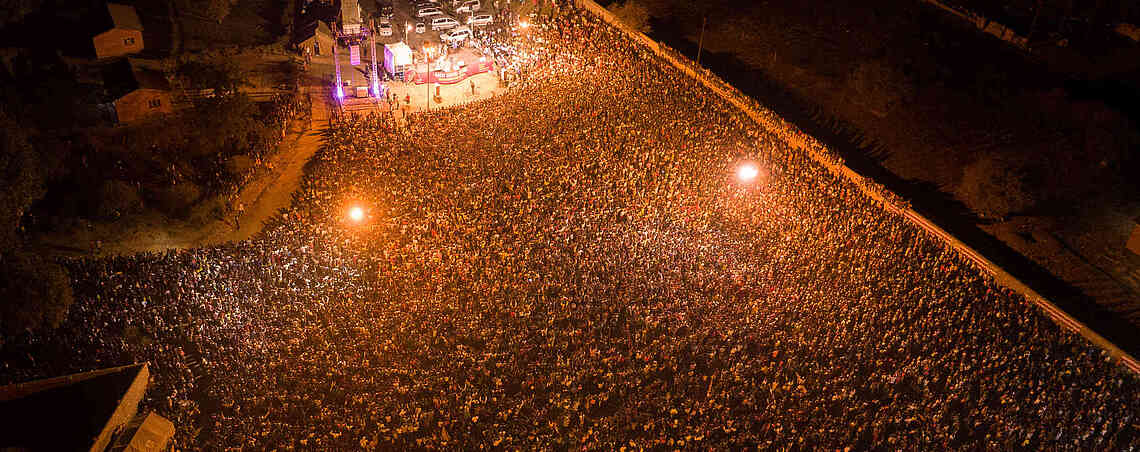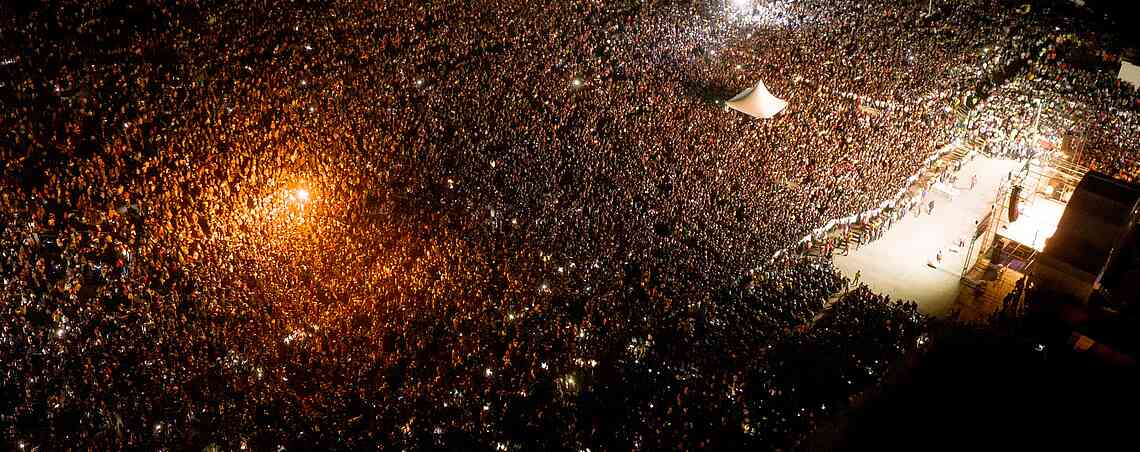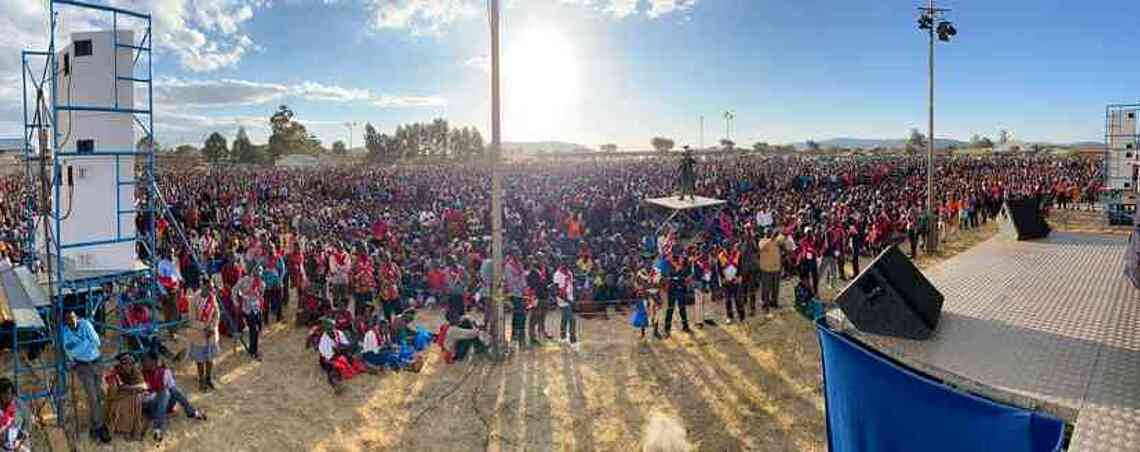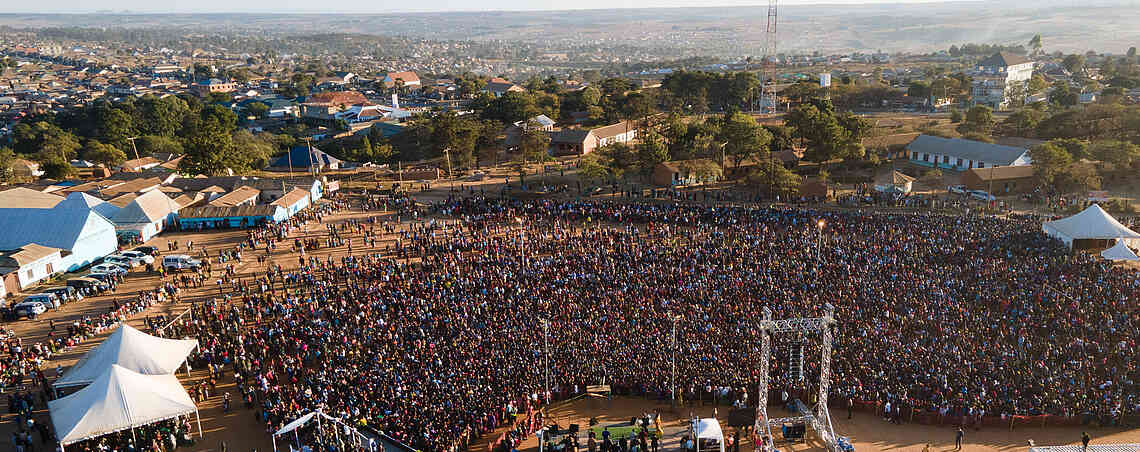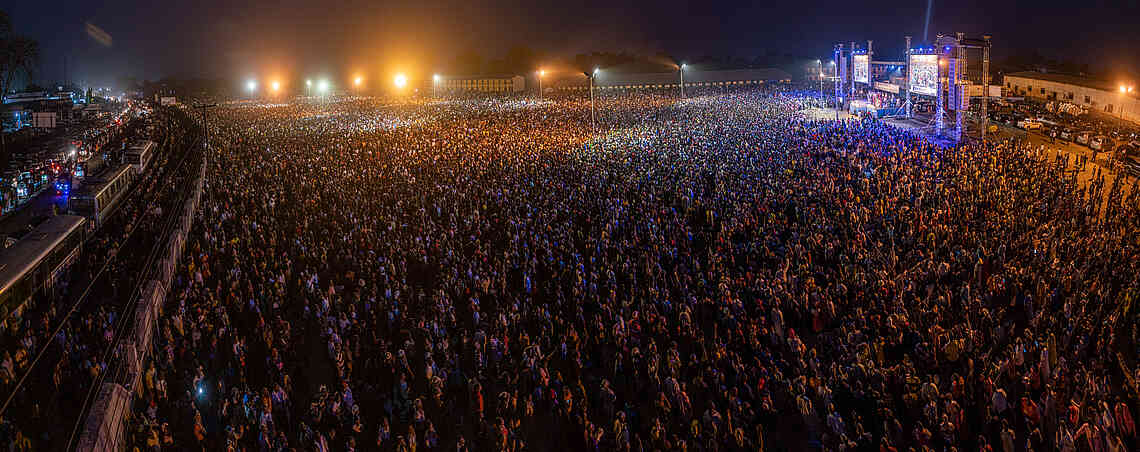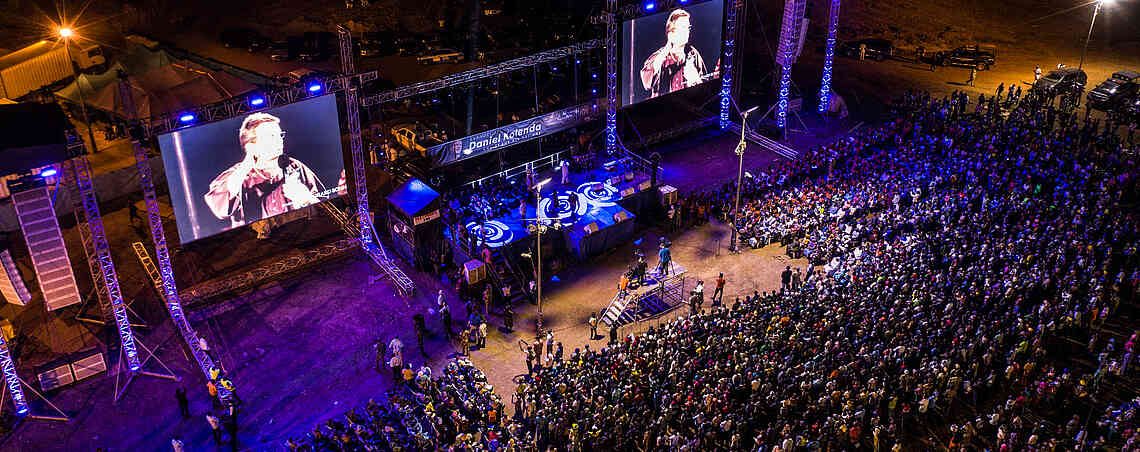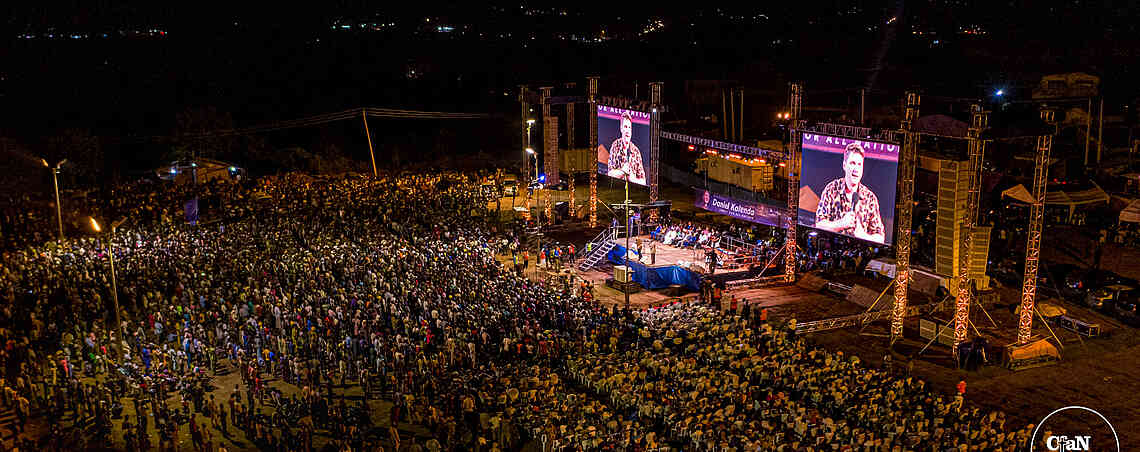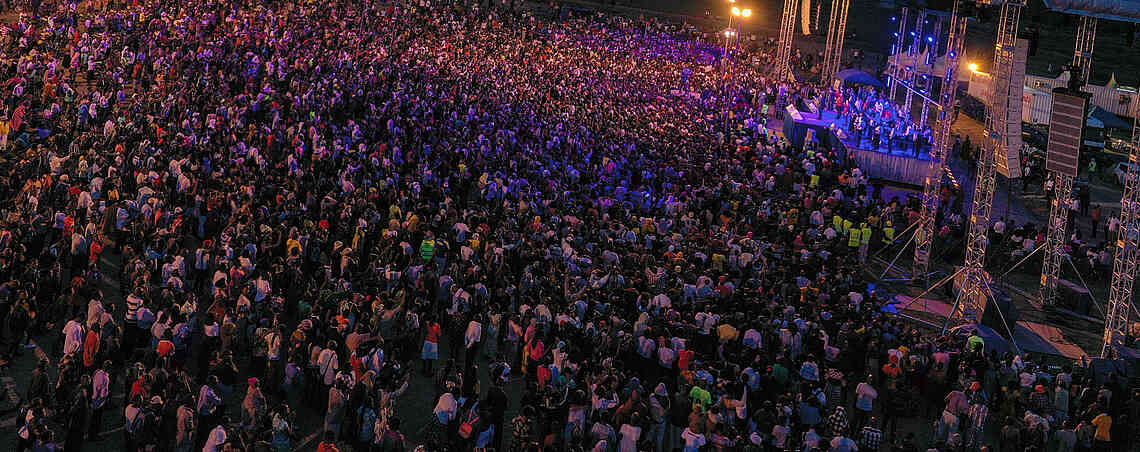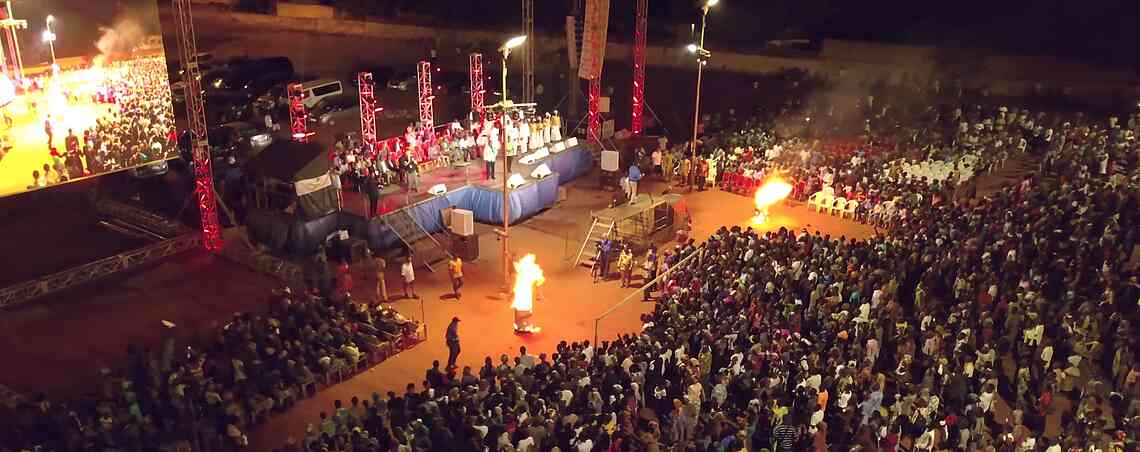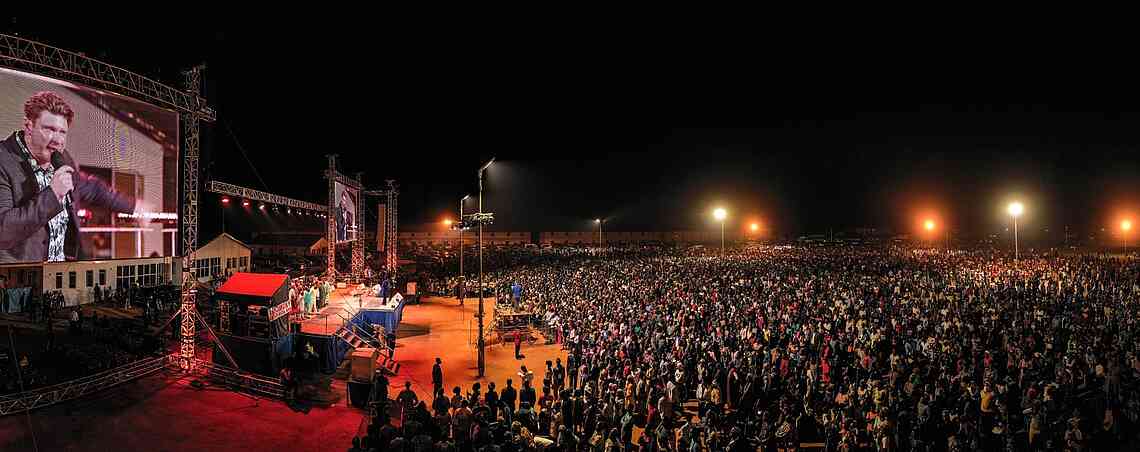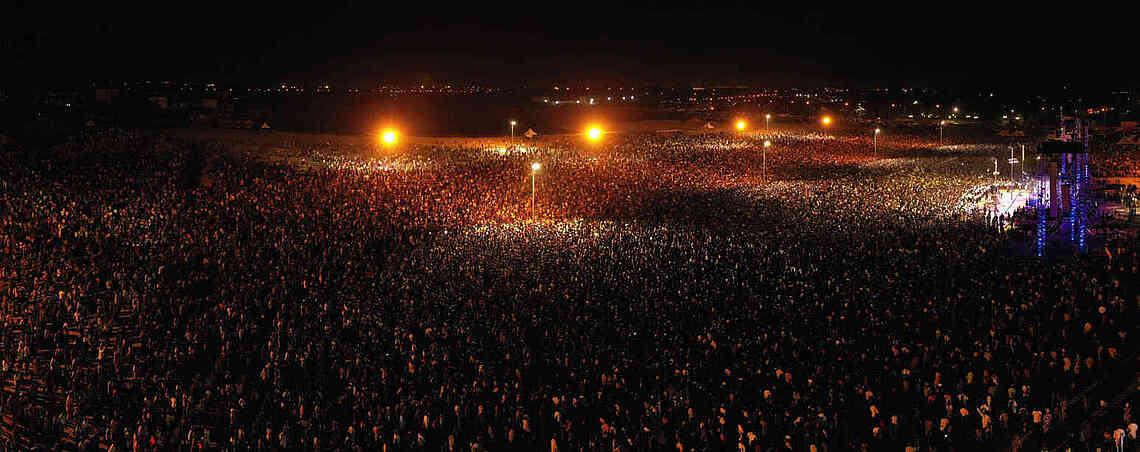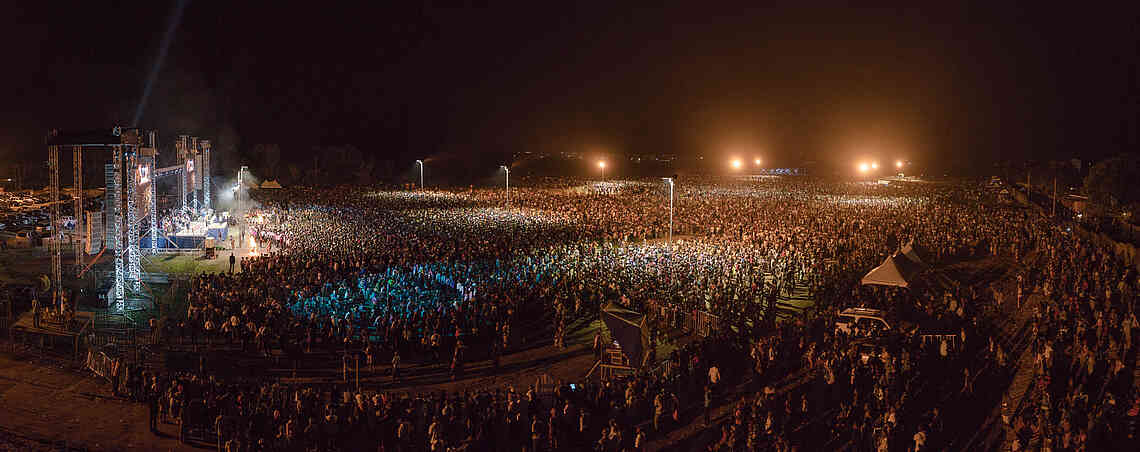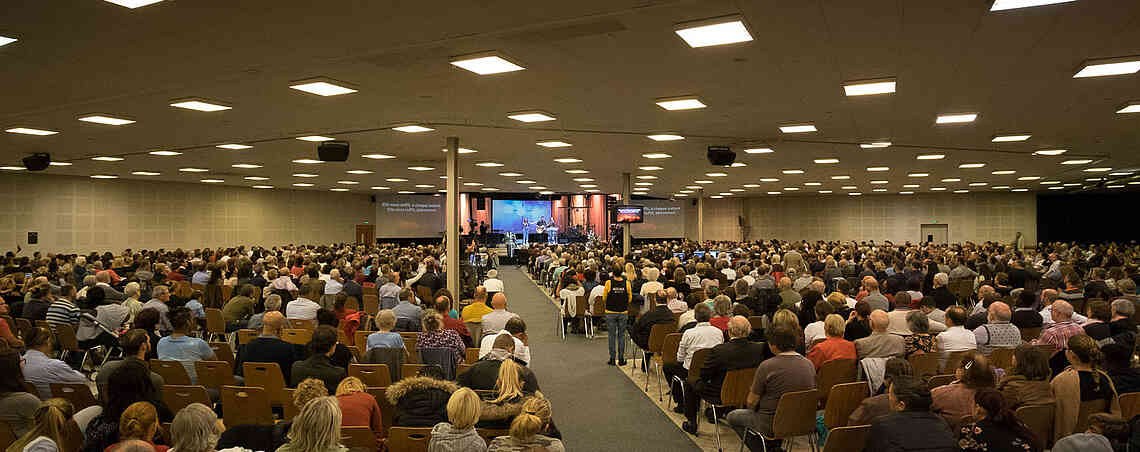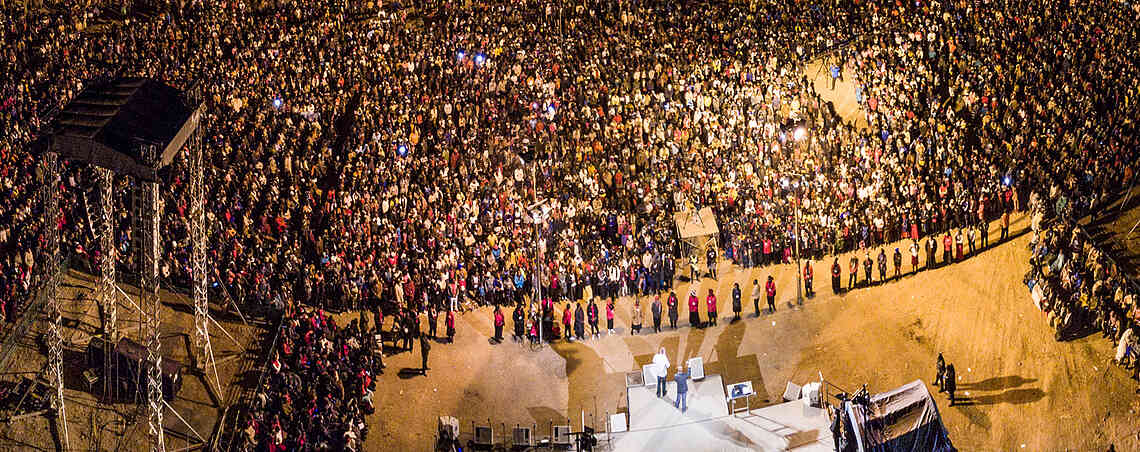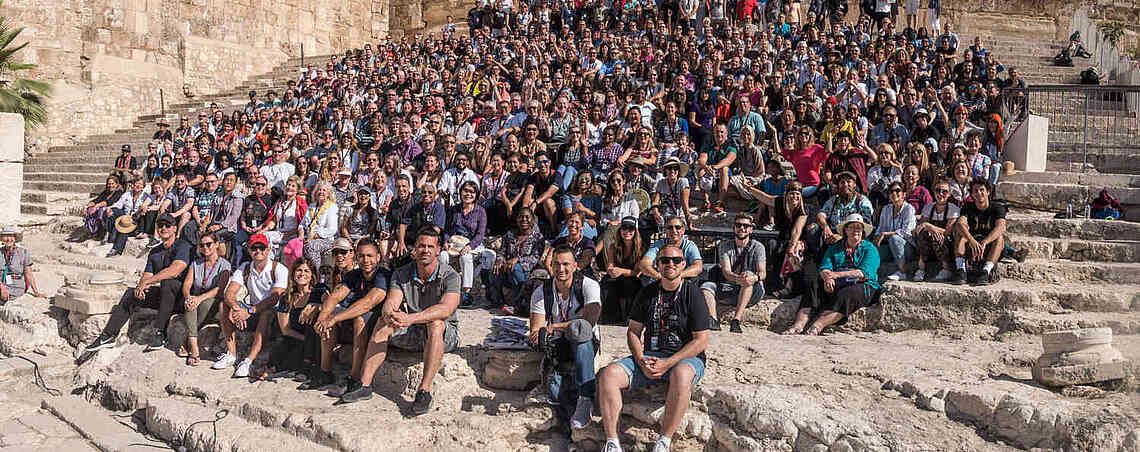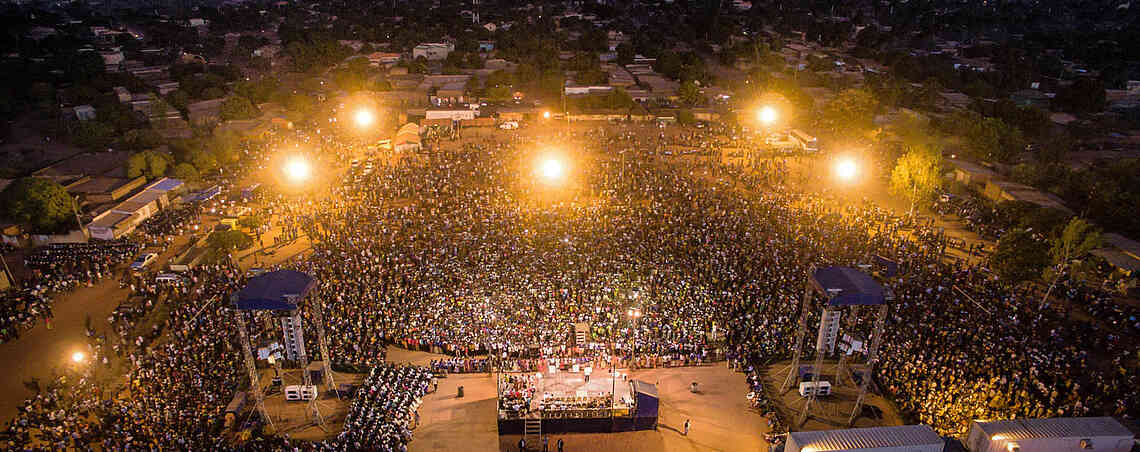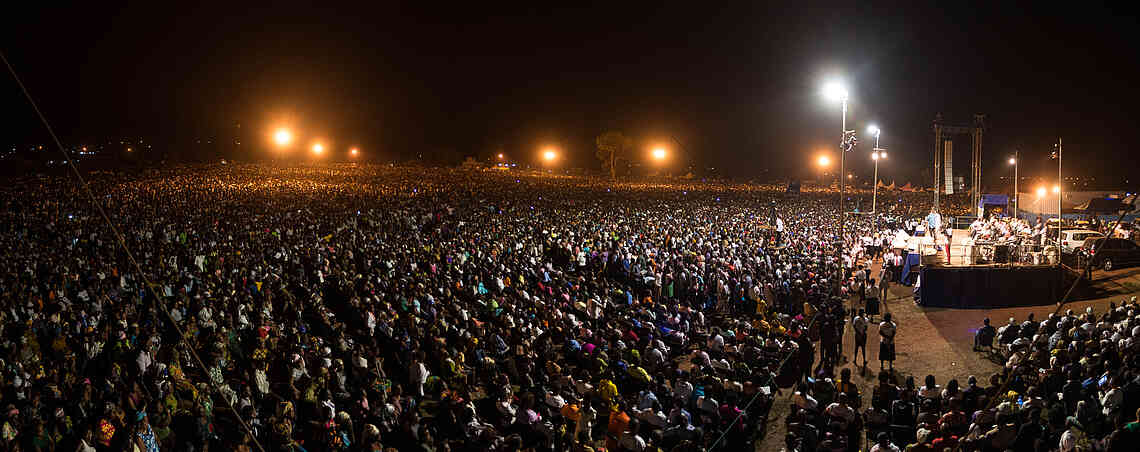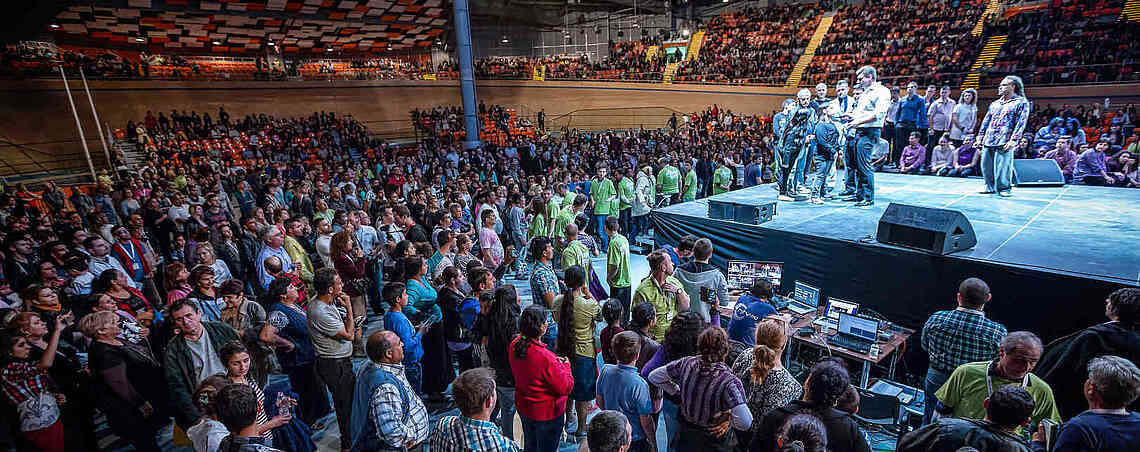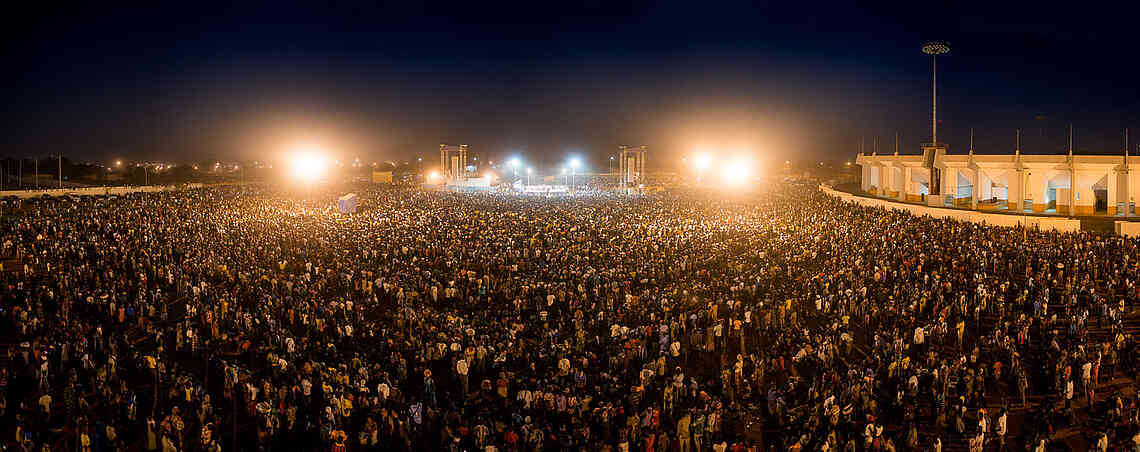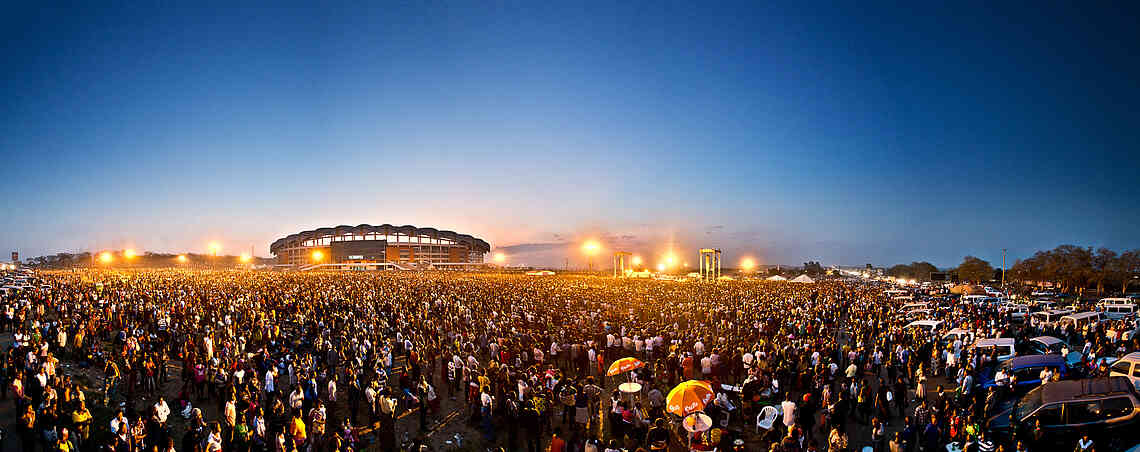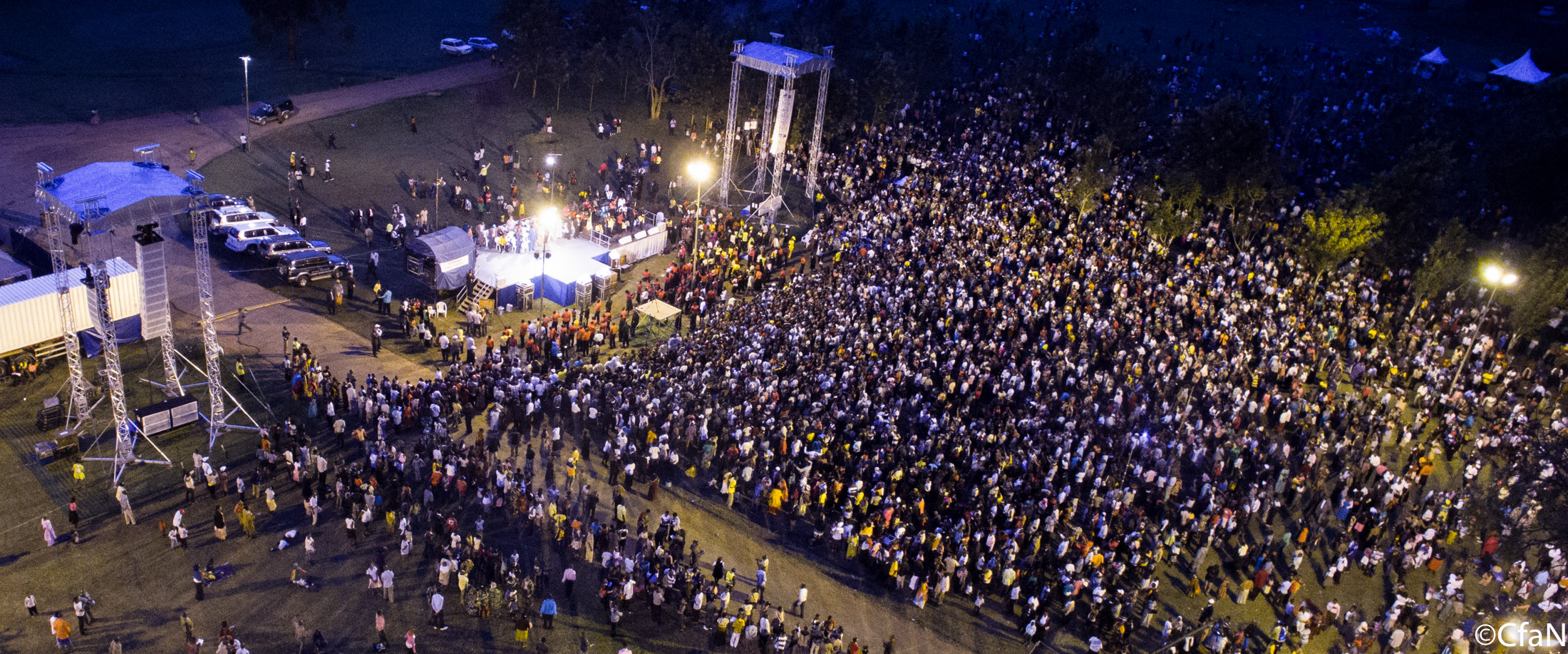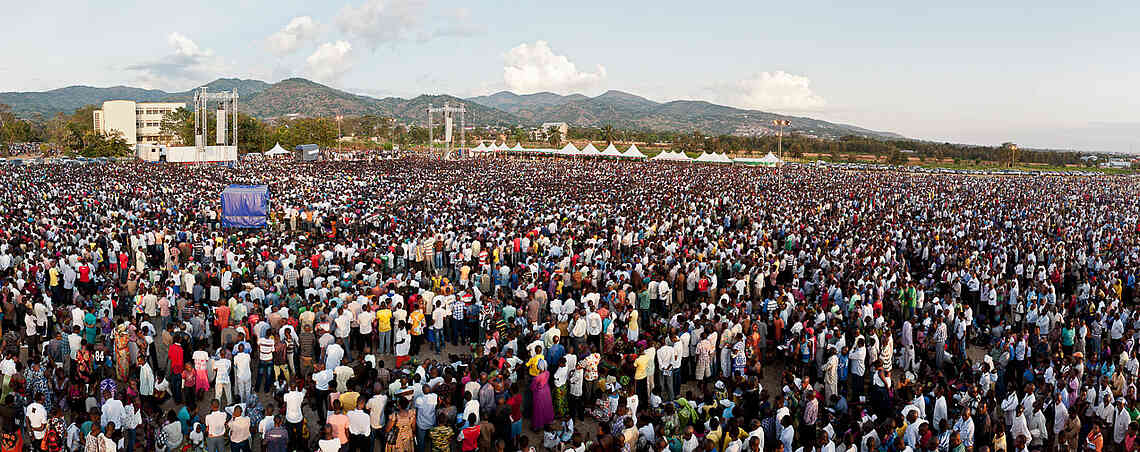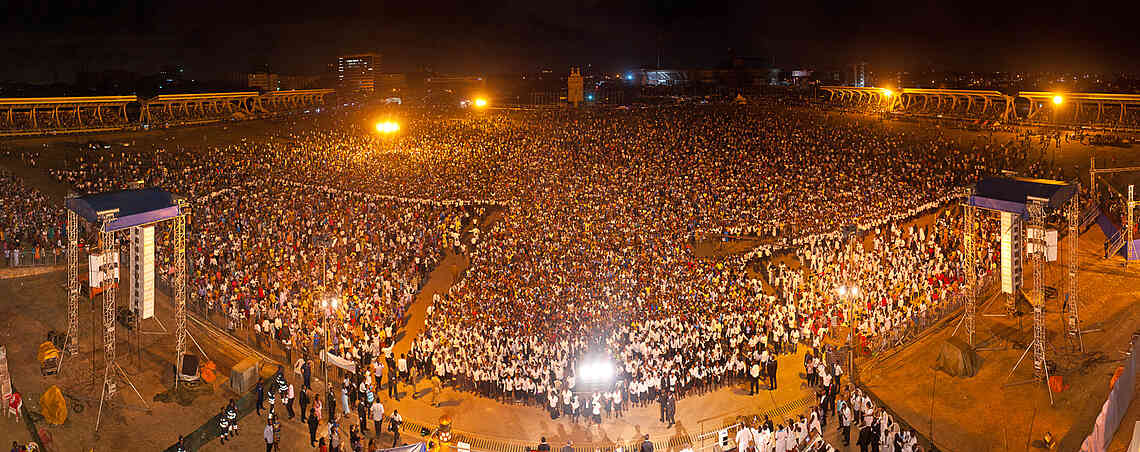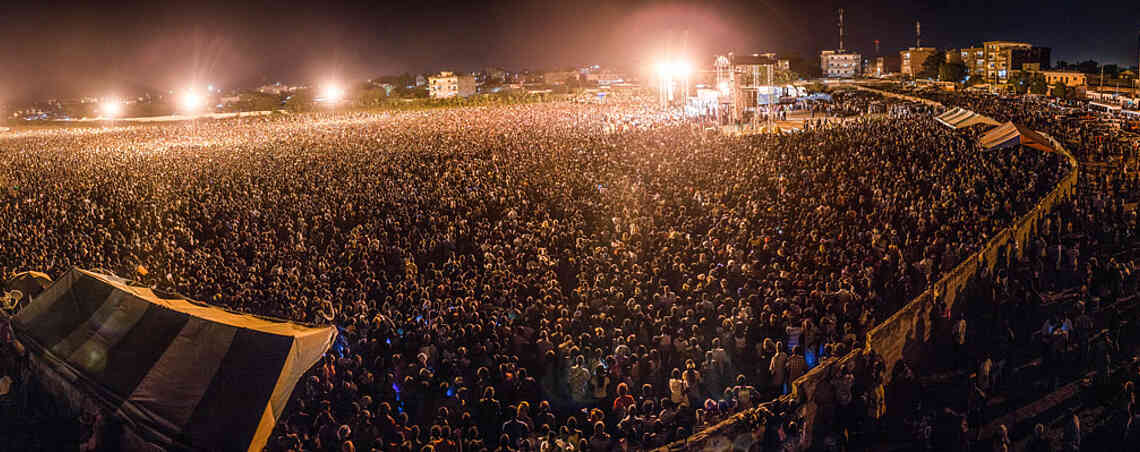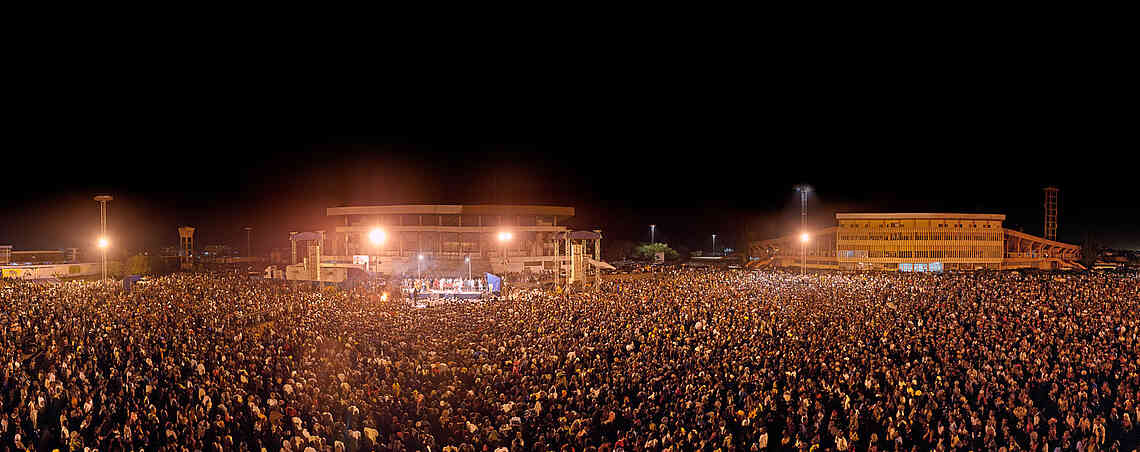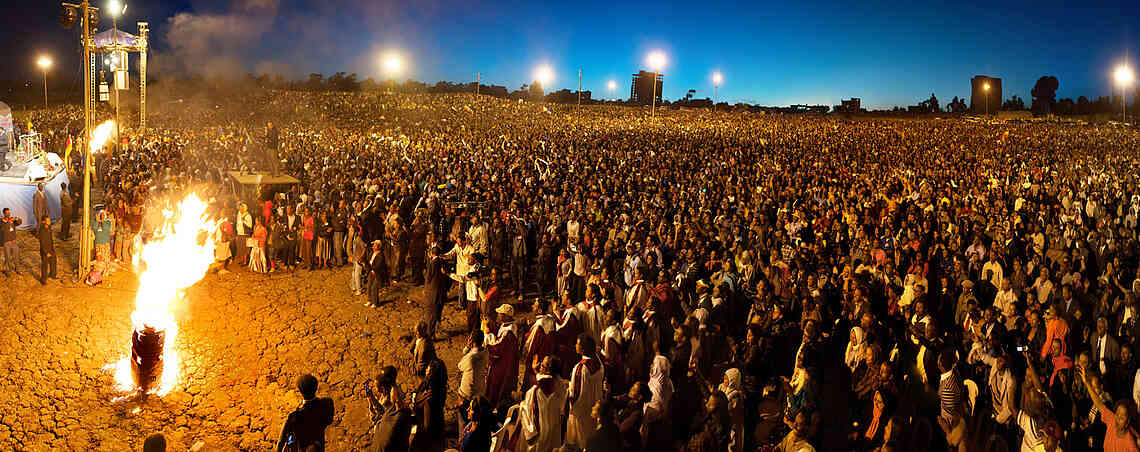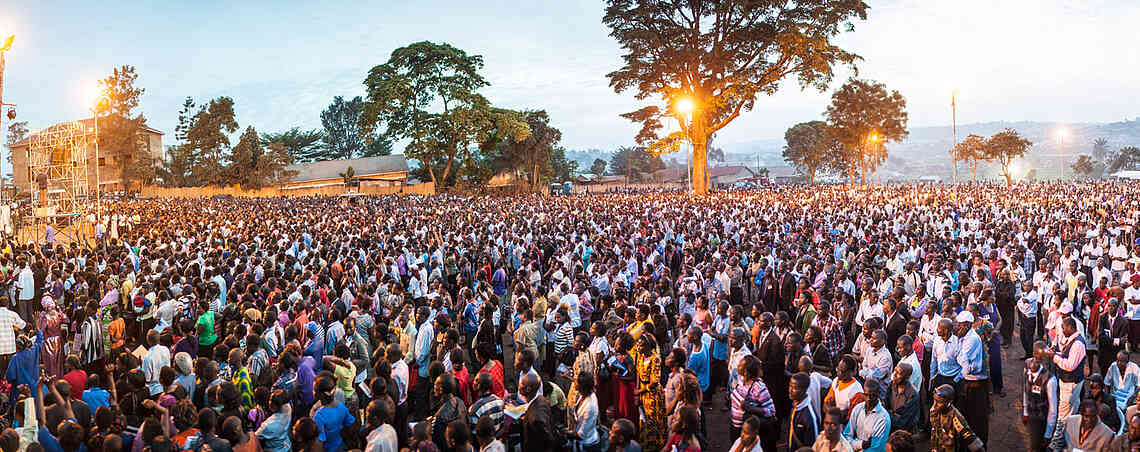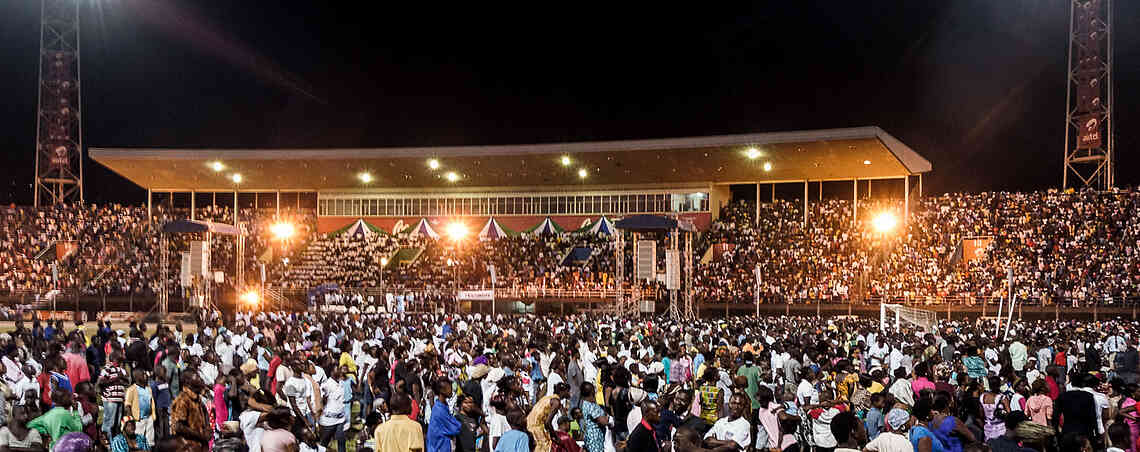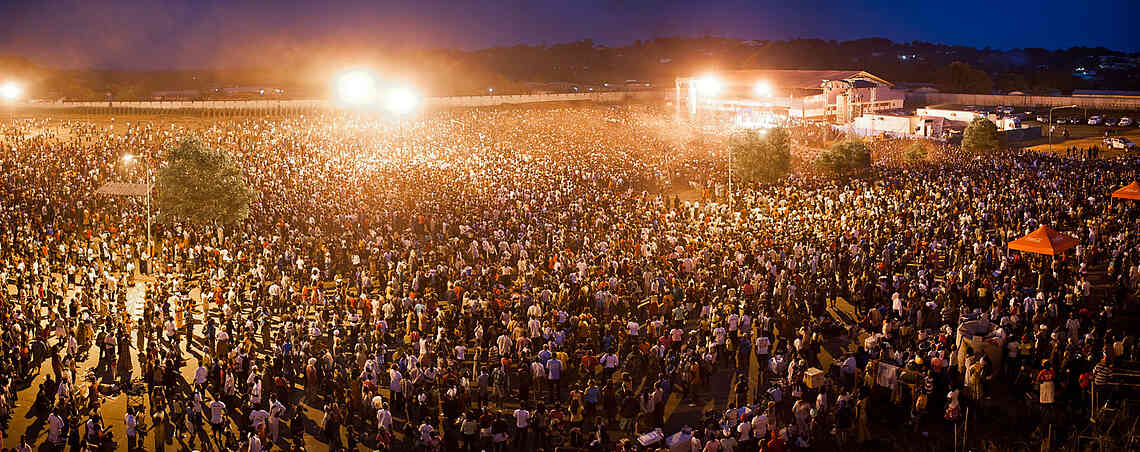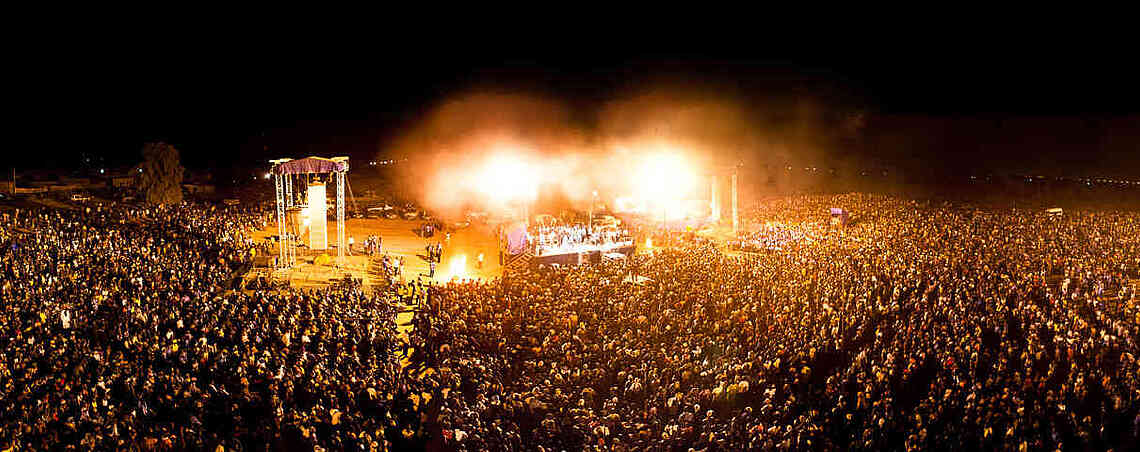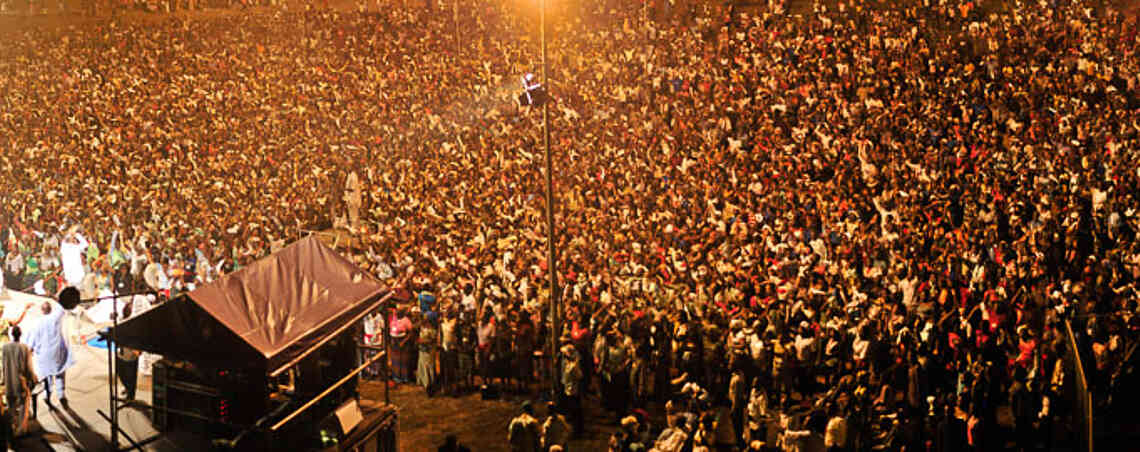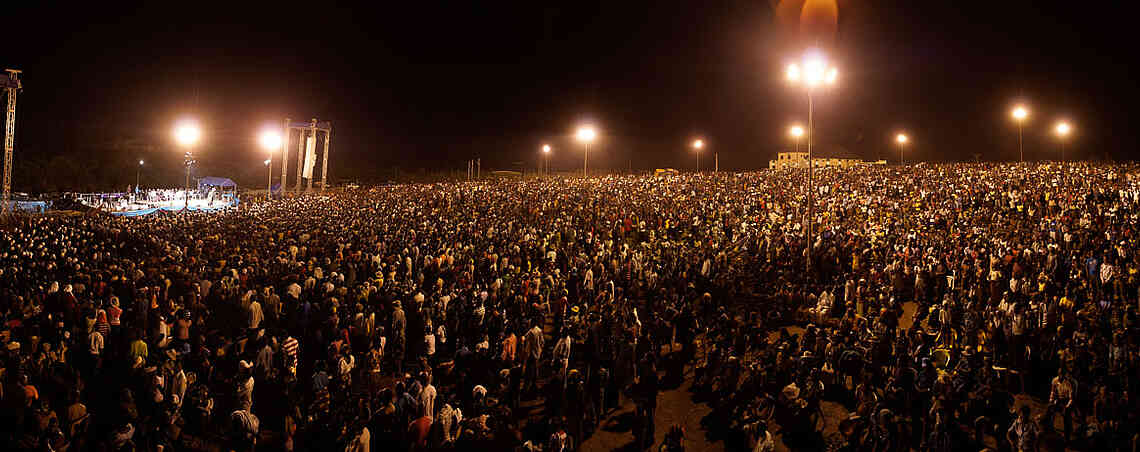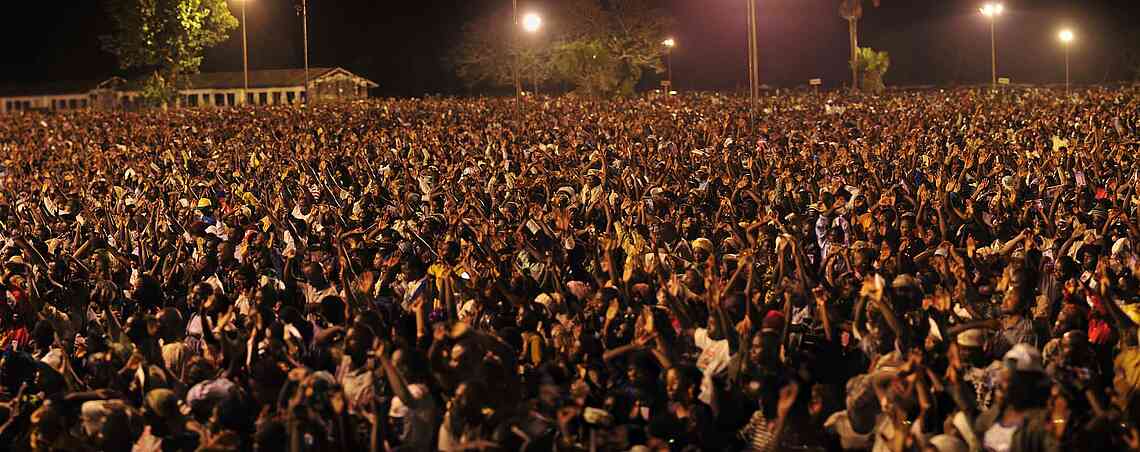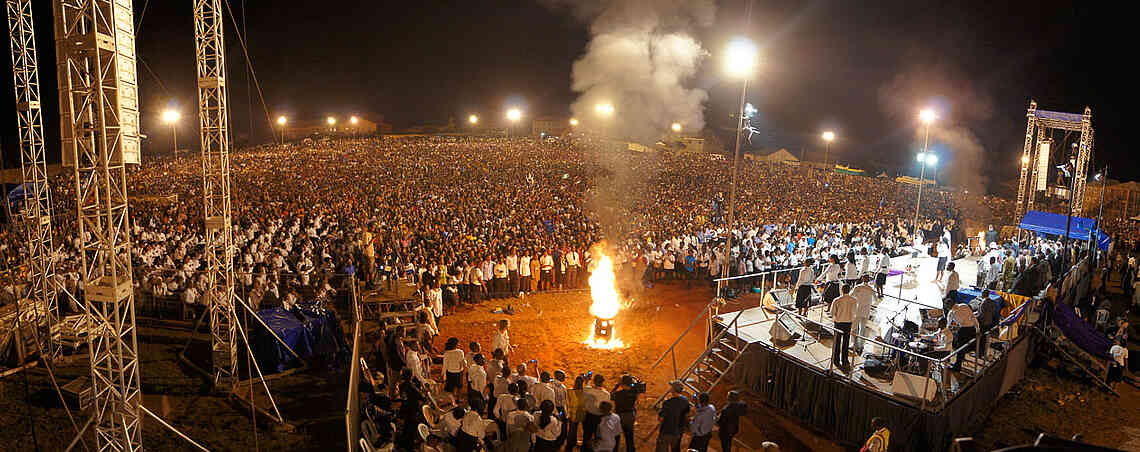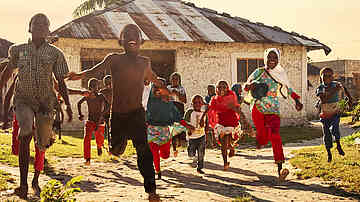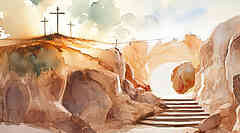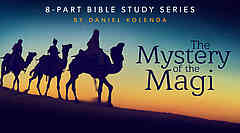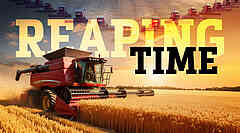
Reinhard Bonnke
Not of this world
Exiting Egypt with only what they could carry, they were to change the world. Overnight, slave-Israel became a new nation totally different from the rest of the world. God gave them a reverse culture. This was to prepare and equip them to be his people. He said, “Do not learn the ways of the nations …” (Jeremiah 10:2).
That is why Abraham lived a nomadic life apart from the surrounding influences. He had to get the old culture out of his system. Centuries later, Moses came to Abraham’s descendants and urged Israel, “If you carefully follow all (God’s) commands… the Lord your God will set you high above all the nations on earth” (Deuteronomy 28:1).
Different and distinctive
God is like that. He makes us, His born-again children, different and distinctive, instilling in us values that are contrary to what the world believes:
- “Blessed are the meek, for they will inherit the earth”
- “Blessed are those who are persecuted”
- “Love your enemies”
- “Whoever wants to save his life will lose it”
- “The last will be first”
- “The greatest among you will be your servant”
- “Dying, and yet we live on”
- “Poor, yet making many rich” “
(Matthew 5:5, 5:10, 5:44, 16:25, 20:16, 23:11, 2 Corinthians 6:9-10)
Israel got its freedom at a knock-down price, but they soon had doubts about the bargain. “We remember the fish we ate in Egypt at no cost – also the cucumbers, melons, leeks, onions and garlic” (Numbers 11:5). Their minds were on cucumbers! But they were God’s chosen agents, destined to introduce the greatest change in history, bringing a new order of life for man on earth. God had come down from heaven and made them “a chosen generation, a royal priesthood, a holy nation, his own special people!” (1 Peter 2:9 NKJV). But unfathomably they could only think of cucumbers.
God said that he loved them, but not because they were greater than other people. He just loved them – for no other reason than that (Deuteronomy 7:7-8). They did not choose the Lord, but the Lord chose them. The Lord led them with favour and infinite patience and showed them how to live.
“These things happened to them as examples and were written down as warnings for us, on whom the fulfilment of the ages has come” (1 Corinthians 10:11). That is the stage we have reached. We are the people on whom the fulfilment of the ages has come – the new humanity, with a new life, a new nature, a new destiny.
Believers are revolutionary; they are disturbers. Paul and Silas met violent opposition in Thessalonica. The accusation was “these men who have caused trouble all over the world have now come here” (Acts 17:6). It was a compliment. Jesus came to achieve that.
A reverse culture
Just as He first called Israel, God is today calling out another new people, distinctive, born again “from above”, people with a reverse culture. In Jesus, we are “a chosen generation, a royal priesthood, a holy nation, his own special people” (1 Peter 2:9).
The language of the Kingdom is strange to the ears of the world. In Matthew chapters 5 – 7, Jesus seems to describe an upside-down world. The Beatitudes contain reverse values like “Blessed are those who mourn … Blessed are those who are persecuted” and lead in to such unexpected advice as “love your enemies”. Yet it is the Kingdom of God that is the right way up against the topsy-turvy state of false messiahs, false prophets, and dangerous political prejudices.
To the heathen, the new Israel was bizarre. They were not dependent on slaves, trusted God for their safety, were kind to children and animals, preoccupied with justice, cared for the poor, and worshipped a God they could not see or describe. They were way ahead of their times and had been given the spiritual tools of a new creation, a new global order.
Marked by holiness
Many religionists wear certain clothes to show their religious allegiance, but Jesus gave no instructions whatsoever about dress or hairstyle. He wants us known by what we are, not by our outward appearance. The thing about Christians is that we are not different at all, except in heart and character.
Christians are not ordinary people with religion as a hobby. The world has its enthusiasms and its “fans”. However, Christians are not “God fans” or just religious enthusiasts. We are different in depth. We are different not merely in what we do or even in our lifestyle – although that is part of the picture – but in nature. We “participate in the divine nature” (2 Peter 1:4) and are directed by instincts the world knows nothing about. “Those who are led by the Spirit of God are sons of God” (Romans 8:14) – and that is their mark!
We live and work like everyone. We eat, dress in fashion and enjoy the good things that men and women do – just like worldlings. But we are not worldlings. The clothes we wear are not a mark of our faith. Jesus said the Pharisees made long prayers in public and wore religious accessories. The children of God do not use such outward indications to show who they are but walk the streets like any other person. Their apparel is different; they are clothed with humility and wear the garment of praise. Their difference is in themselves, their identification with love and faith, and their way of life.
Being different
The great distinction is that the followers of Christ are in the world but not of it. “Do not love the world or anything in the world. … The world and its desires pass away” (1 John 2:15-17). We do not invest our ambitions and hopes in this temporary earthly show, but in the eternal things, in the truth and the callings of God. To invest in this passing show leaves us with only ashes in our hands.
We need to be concerned when our lives as followers of Jesus carry no distinction, when we are known only as religious adherents and our faith is no more than a subject we study. The godly are to be outwardly normal and ordinary, but by their lives, impossible to miss. We are lovers of God.
Jesus said, “If you belonged to the world, it would love you as its own. As it is, you do not belong to the world, but I have chosen you out of the world. That is why the world hates you” (John 15:19). But the Kingdom is an upside-down state – by standing in contrast to the world, we draw people into the Kingdom. If the followers of Jesus live like the world and are like the world, they are not going to impress on anyone the desire to leave the world for the Kingdom.
The world is weary of being the way it is. After thousands of years and dozens of political and social experiments, Jesus alone has the answer. That answer is our open secret – to be told to all:
“Go tell it on the mountain, that Jesus Christ is Lord.”
Reinhard Bonnke


